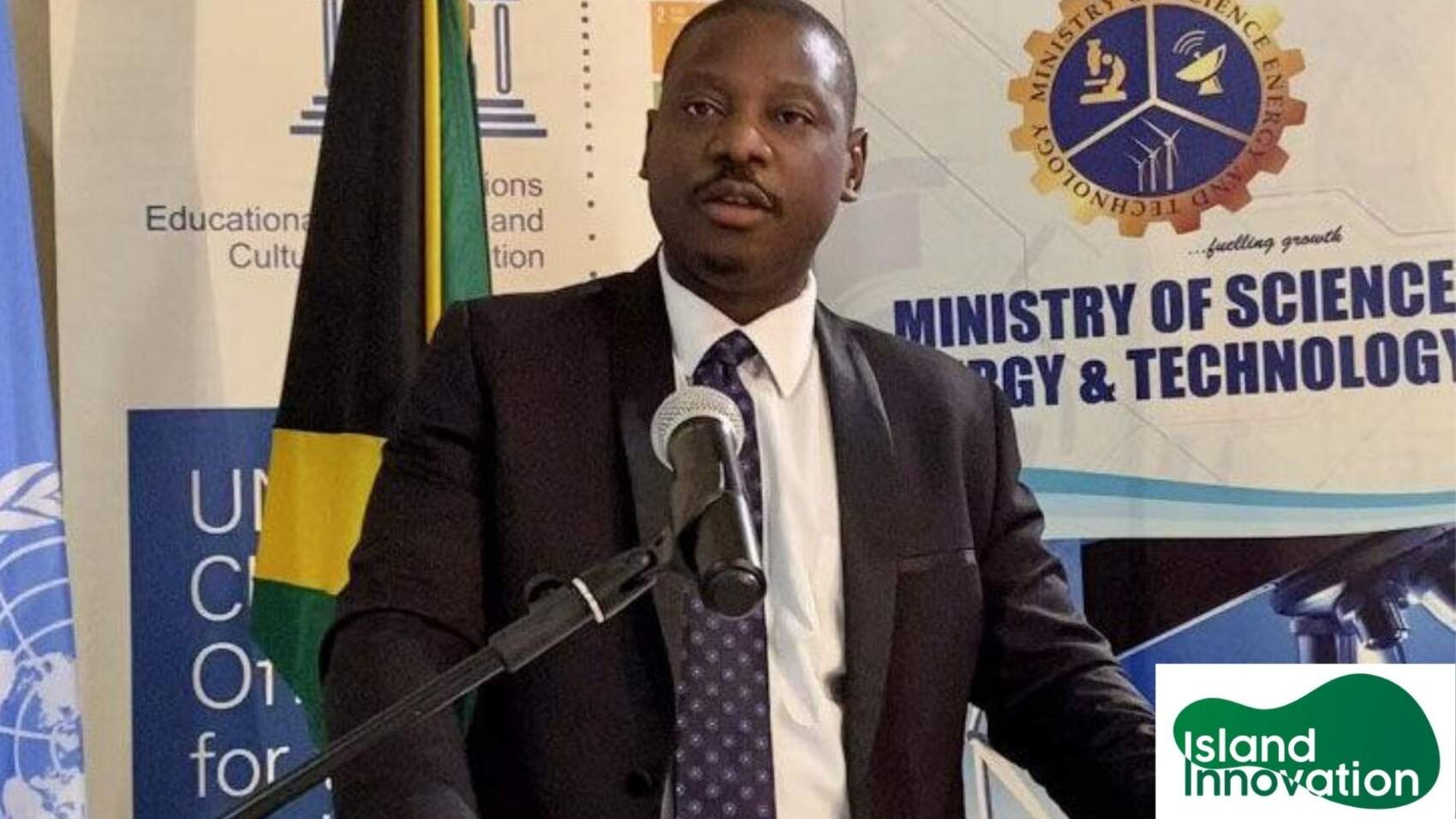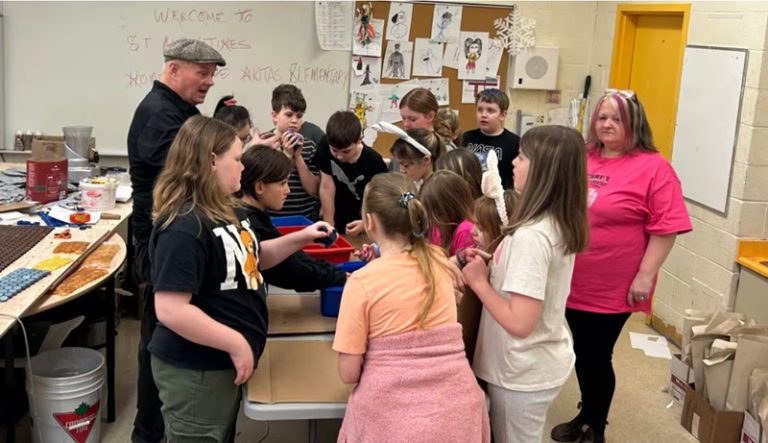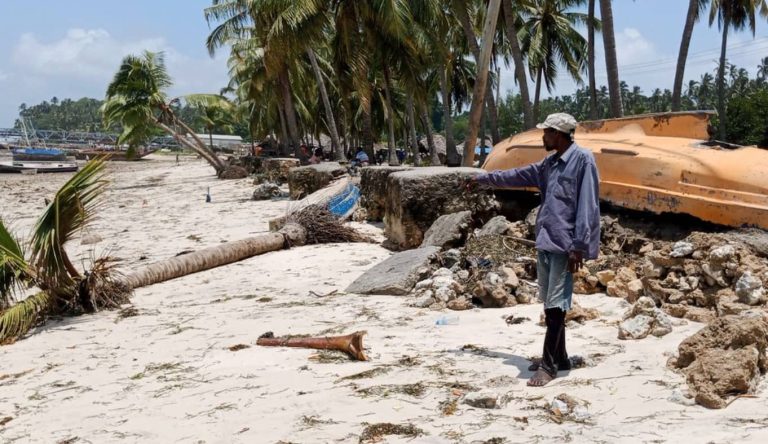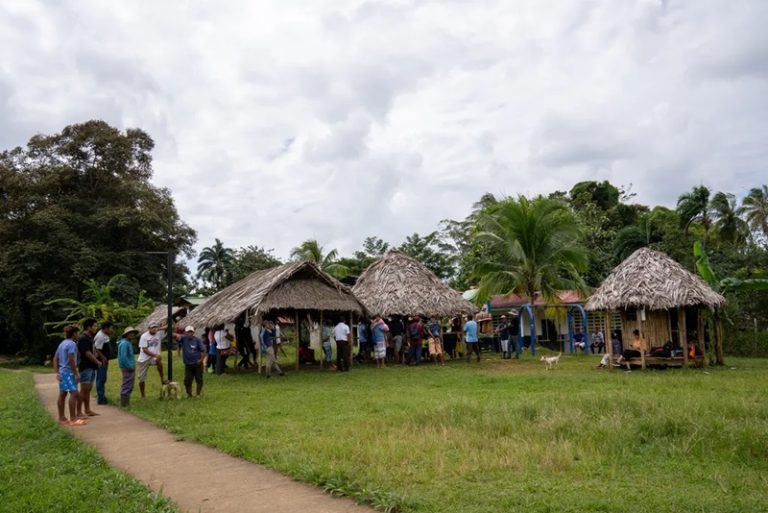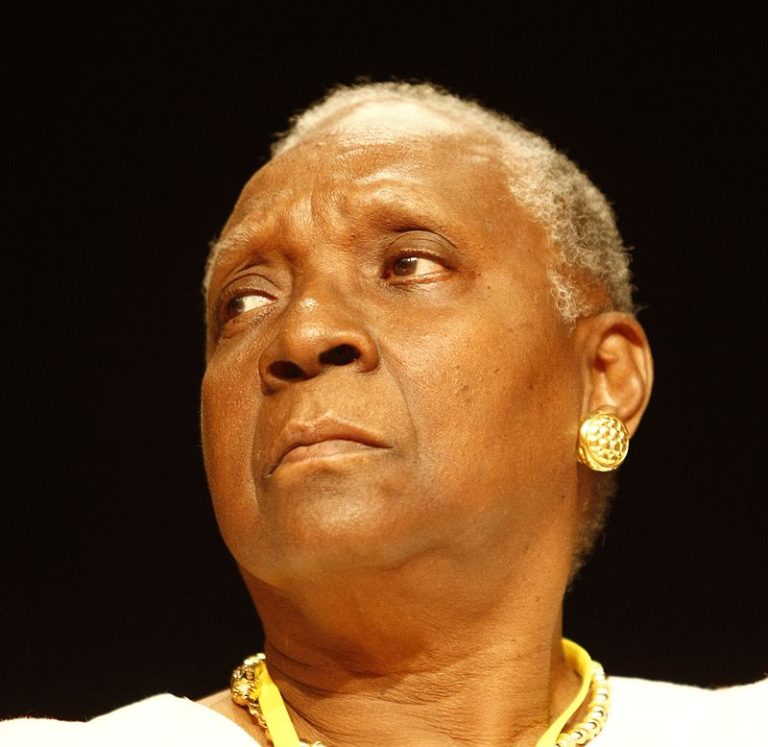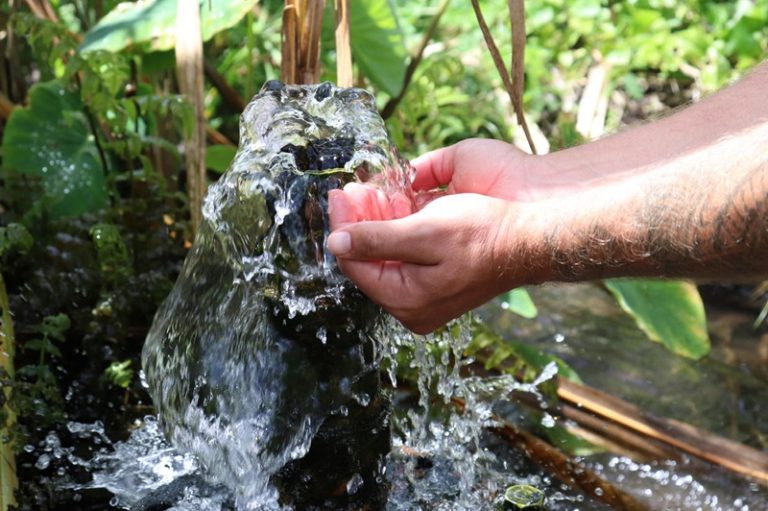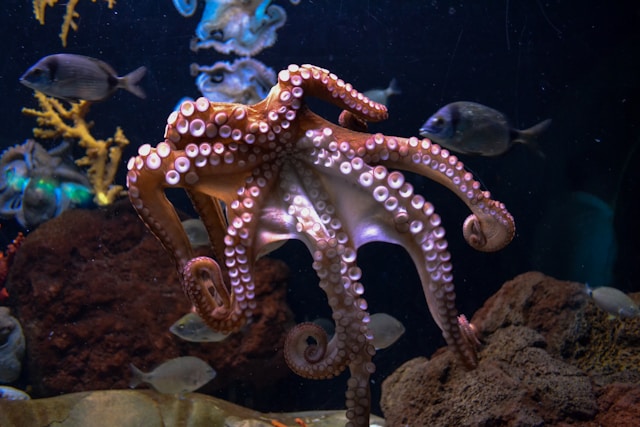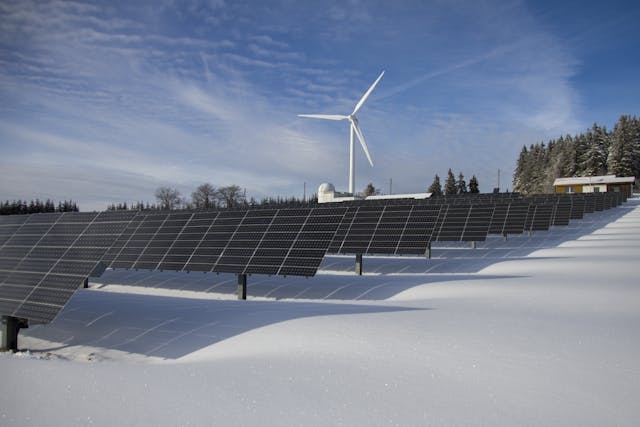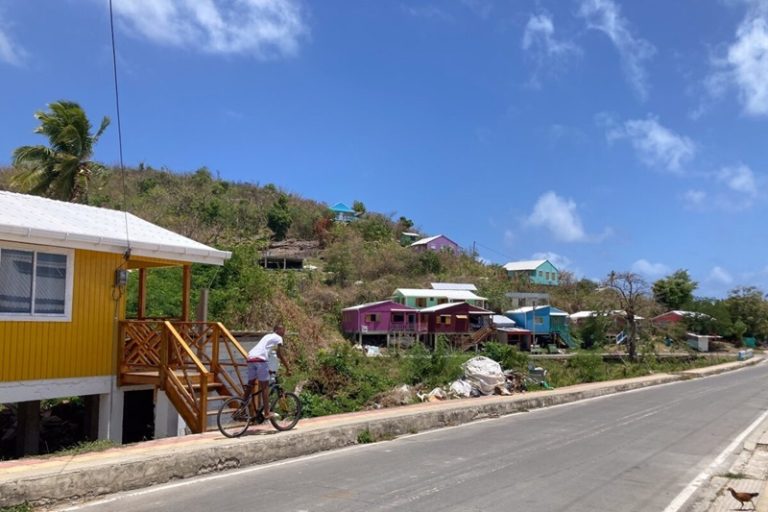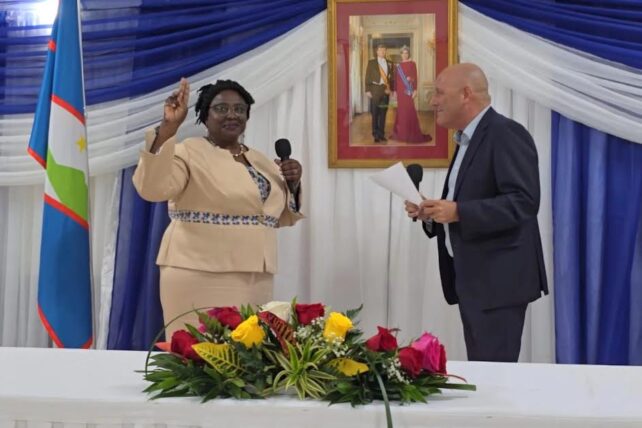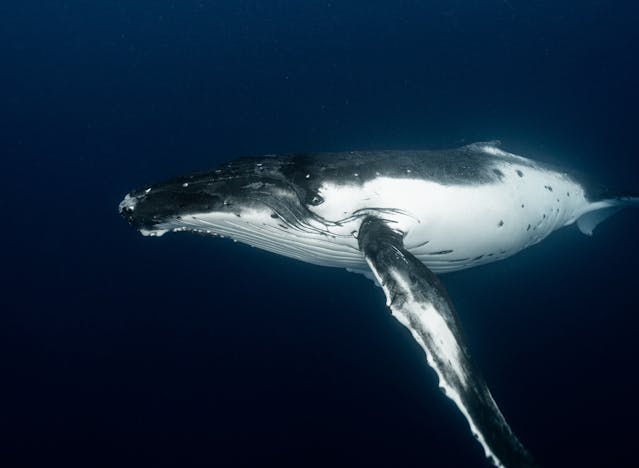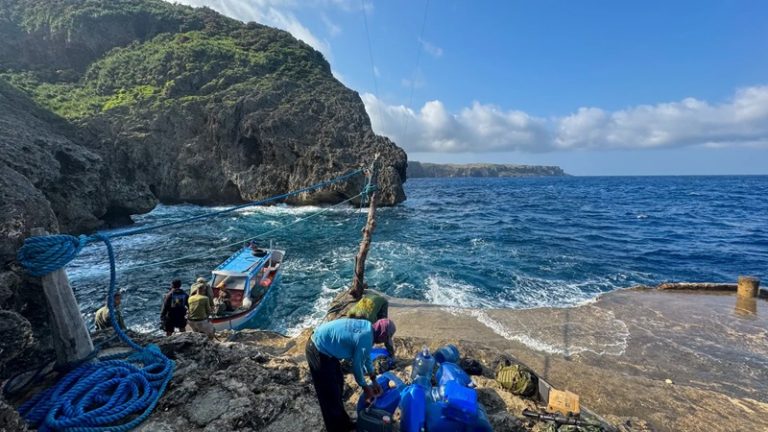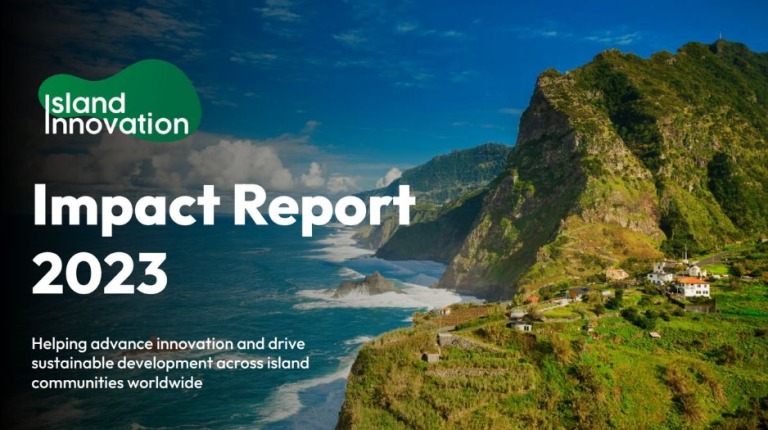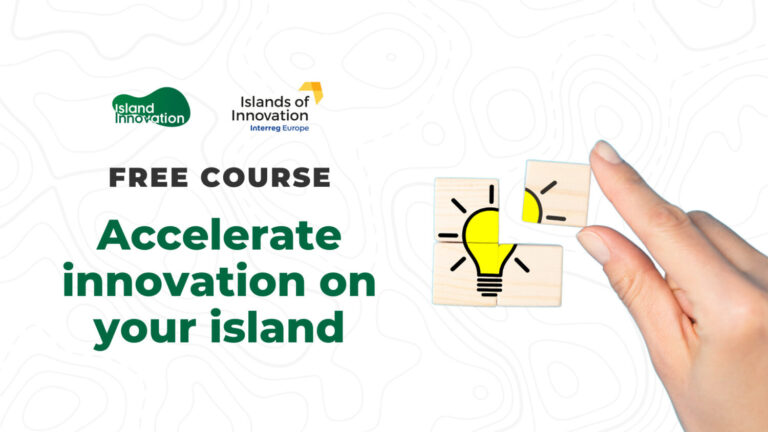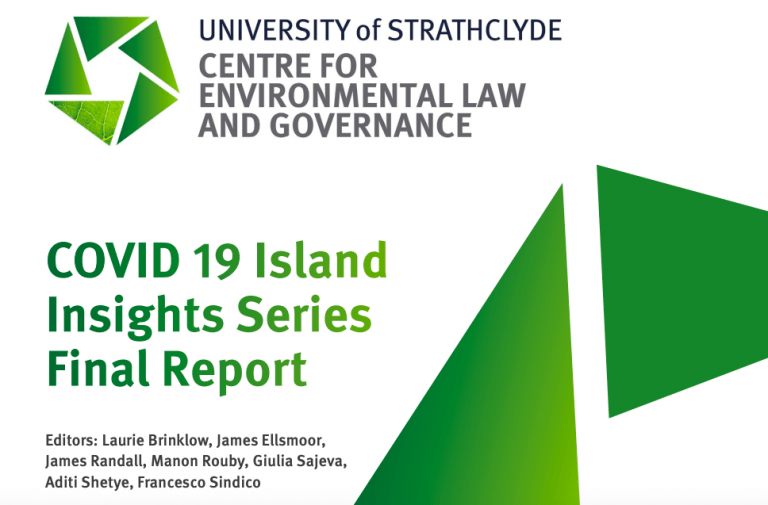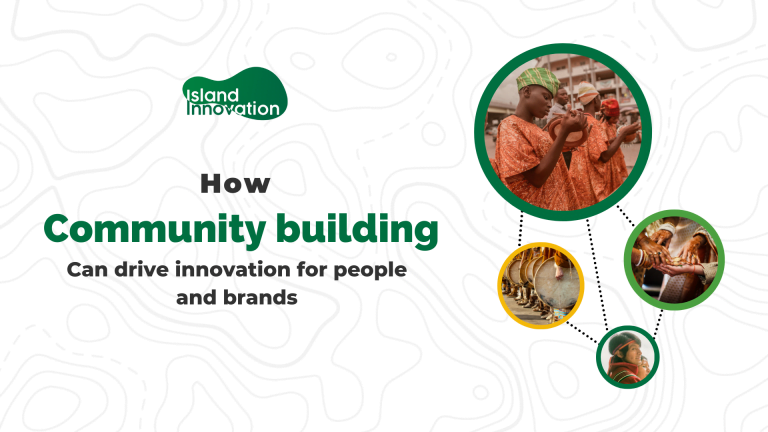Despite ongoing global consultation at the Climate and Biodiversity Conference of Parties, the natural world is drifting to its extinction. According to the Global Assessment Report on Biodiversity and Ecosystem Services, human activities have already profoundly altered 75 per cent of the terrestrial ecosystems, 50 per cent of water streams, and 40 per cent of the marine environment, with one-third of the carbon emissions since the industrial revolution already lying in and acidifying the ocean.
In the Caribbean, the impact of climate change is felt by frequent hurricanes, floods, droughts, extreme heat waves, coral reefs bleaching, sea-level rise, food and freshwater shortages, and health hazards. Yet, these extremes are already increasing in frequency and severity due to our inability as humans to protect our biodiversity, heal our ocean, and close the “emissions gap” by keeping through the path of the 1.5-degree warming limit.
International Day for Biological Diversity on May 22, World Environment Day on June 5 and World Oceans Day on June 8 are observed to inform on the importance to preserve our common natural heritage. These days coincide with the beginning of the rainy season in Trinidad and Tobago and the rest of the Caribbean. With the upcoming heavy precipitations also comes the painful memory of devastations caused by past hurricanes and torrential rainfalls. In 1963, Hurricane Flora, known as one of the deadliest Atlantic hurricanes, killed 7,200 people during its 17-day lifespan. In Trinidad and Tobago, 6,000 houses were damaged, 75 per cent of the forest trees were blown down, and half of the coconut and cocoa trees were decimated, breaking the biodiversity balance of the islands. Trinidad and Tobago experienced, during that event, their largest mudslide, which flowed several hundred metres from Mount Dillon onto near Castara in the north of Tobago. Marine species paid their death toll because of the rough undercurrents and dramatic changes in water habitat, temperature and salinity that stemmed from Hurricane Flora. Scientists forecast such disasters will happen again and again, sooner rather than later. The true question remains whether we are prepared enough to face them.

